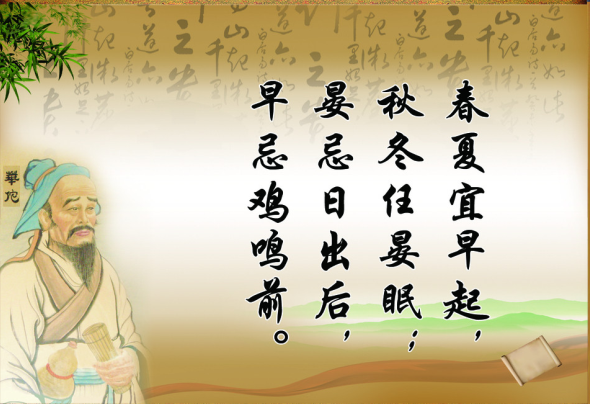The heart governs blood vessels and propels blood to circulate in the whole body, also nourishing the small intestine. The small intestine receives chyme, absorbs food nutrients and transforms them into blood to enrich the heart. Physiologically they depend on each other; pathologically "the heart shifts heat to the small intestine" (that is to move exuberant heart-fire downward to the small intestine along the meridian), leading to dysphoria, reddish tongue, sores in the mouth, oliguria, brownish urine and painful urination.








